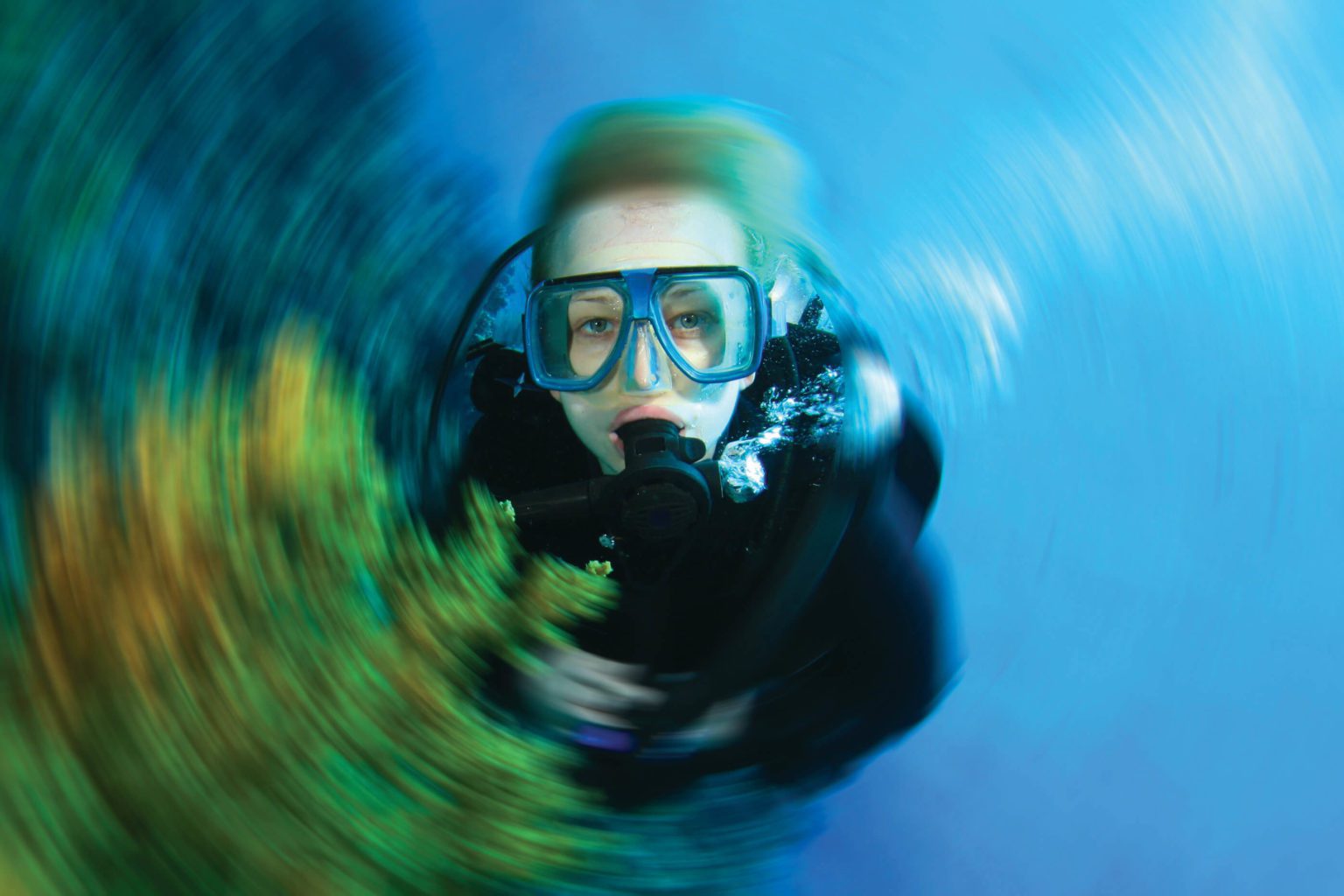Laurie Gowen looks at medications for depression and fitness to dive.
Antidepressants and Scuba Diving
It's not as uncommon as you may think. Even divers get depressed. Some of the more frequently asked questions on the DAN Medical Information Line concern medications divers take for depression and how these drugs can affect their fitness to dive. According to the National Institute of Mental Health, more than 17 million Americans experience a period of clinical depression each year. Fortunately, nearly 80 percent of those diagnosed with depression experience significant improvement with appropriate treatment.
Depression isn't simply in your head – it affects both body and mind. Symptoms of depression vary from person to person, as does their severity. Individuals who are out of touch with reality, suicidal or have hallucinations should not dive. Also, any condition that could affect one's physical or rational decision-making ability would not be safe for the diver or a dive buddy. However, many people successfully dive while they take medication and receive treatment for everyday depression.
Depression and Diving
According to the National Depression and Manic Depression Association, some symptoms of depression include:
- prolonged sadness or unexplained crying spells;
- significant changes in appetite and sleep patterns;
- irritability, anger, worry, agitation, anxiety;
- inability to concentrate, indecisiveness;
- unexplained aches and pains;
- recurring thoughts of death and suicide.
For divers, here's an extra consideration – some of the symptoms associated with depression could also mimic those of decompression illness (DCI). Unexplained aches and pains or an inability to concentrate could make a differential diagnosis very difficult. Diving at depth is not a place to lose focus on the immediate dive tasks – following the dive plan, monitoring one's air supply or just being an observant dive buddy. Should divers with depression be cleared to dive? Yes and no – physicians should consider each diver individually, case-by-case basis. Factors should include each diver's medical history, type and dosage of the medication, the individual's response to treatment and motivation for diving. In-water safety for the diver and buddy is the primary consideration.
Treating Depression
Part of the treatment for depression can include the use of central nervous system (CNS) medications that have varying but similar side effects. Dozens of antidepressant medications currently on the market effectively treat depression. Each group has its distinct properties that react chemically in the brain. Unfortunately for divers, some medicines have side effects similar to the symptoms of decompression illness. Side-effects such as visual disturbances, weakness, dizziness, lack of coordination, numbness and tingling may require evaluation for possible DCI when occurring after a dive. Sometimes finding the optimal medication involves trial and error. People should never change the dosage or discontinue medication without direction from their physicians. Individual reactions and effective therapy may take several weeks, even months, to achieve, so any diving would have to be postponed until the patient has adjusted to the medication.

Medications to Avoid while Scuba Diving
The following are the most common medications used in treating depression:
SSRIs (selective serotonin reuptake inhibitors)
Although SSRIs typically cost more than other antidepressant medications, they tend to be relatively safe for divers. However, they have a side effect of drowsiness; this can influence the safety of the dive.
TCAs / HCAs (tricyclic / tetracyclic / heterocyclic)
Dizziness, drowsiness, and blurred vision may be the side effects of TCAs / HCAs. Medications that affect concentration decrease alertness, or impair decision-making are incompatible with safe diving.
Other anti-depressants such as Wellbutrin(r) or Zyban(r) (generic name for both is bupropian), Desyrel(r) (generic name: trazodone) and Effexor(r) (generic name: venlafaxine).
Fainting, excitability, and difficulty breathing are rare side effects of venlafaxine. Bupropion may have side effects of agitation, CNS stimulation, seizures, psychosis, dry mouth, headache, migraine, nausea, vomiting, rash, tinnitus, muscle pain and dizziness. A diver with these symptoms could experience safety risks.
For divers, there is little available research about diving with depression or diving while taking antidepressants. When divers taking CNS medications report problems while diving, most commonly come from nitrogen and the side effects of the drugs. The diver should discuss the possibility of seizures with a doctor. Every case should be evaluated independently, with honest communication from the diver or prospective diver, a physician and the training organization. Divers who respond well to medication over a long period, have appropriate decision-making abilities and are aware of potential side effects may be considered for some types of diving. This should be a joint decision reached by the diver and physician.
*Usually foods that are aged or fermented. These foods contain an amino acid called tyramine which, when inhibited by MAOIs, can lead to a hypertensive crisis.
You can see more content from Dan Europe from their regular column, or check out the DAN website for more information about medical advice and diver insurance.








